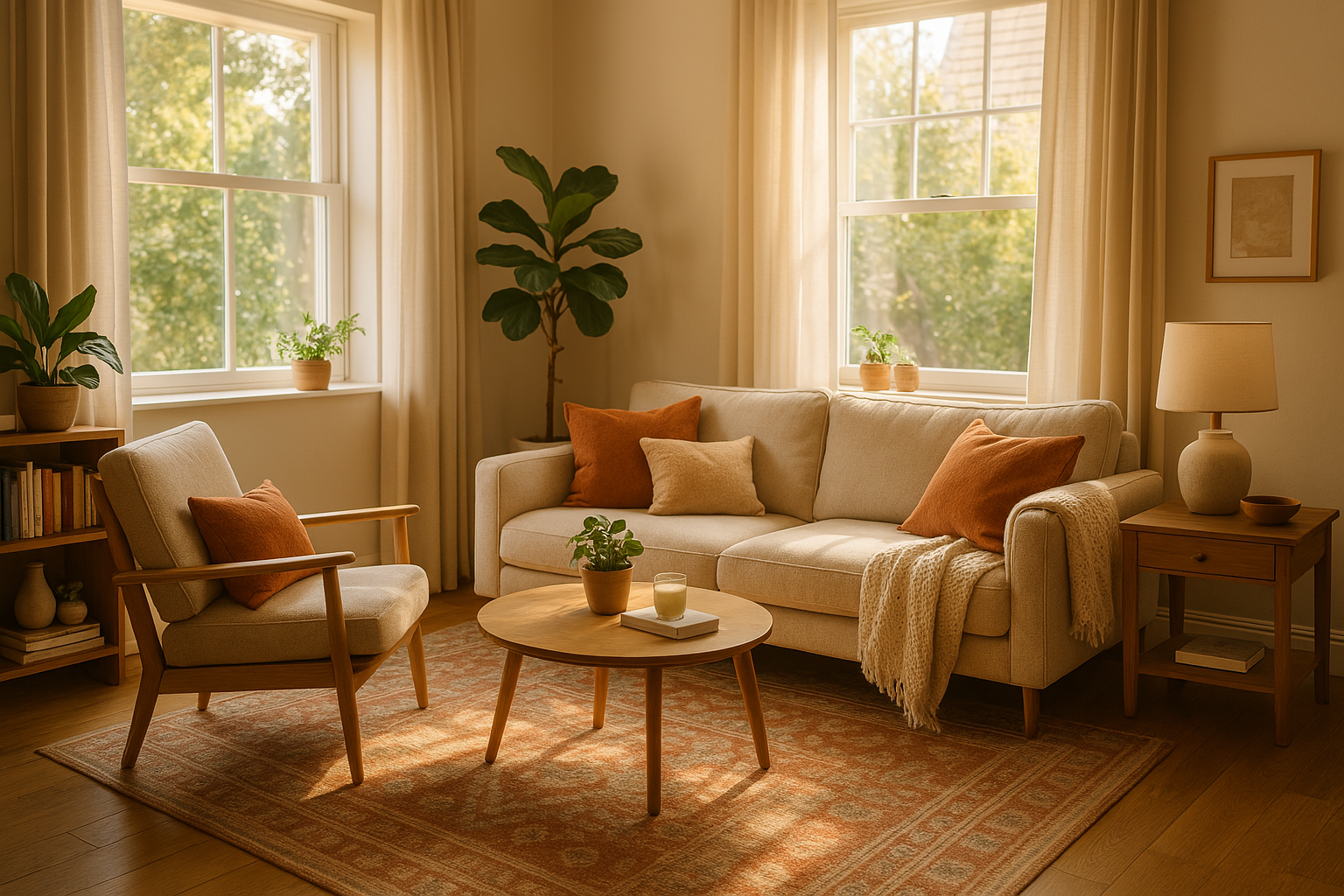When deciding between renting and buying, we often focus on the financial aspects—interest rates, down payments, and monthly costs. But our housing choices affect more than just our bank accounts; they impact our daily lives, mental well-being, and long-term happiness. This article explores the often-overlooked emotional and psychological factors that should influence your housing decision.
The Psychology of Home
Our living spaces play a crucial role in our psychological well-being:
- Sense of Control: Homeowners often report feeling more in control of their environment
- Stability and Security: Fixed housing costs can provide emotional security
- Personal Expression: The ability to customize your space can boost happiness
- Community Connection: Long-term residence can strengthen neighborhood ties
Understanding Your Housing Personality
Consider these psychological profiles when making your decision:
-
The Nester:
- Values stability and long-term planning
- Enjoys home improvement projects
- Finds comfort in routine and familiarity
- Often better suited for homeownership
-
The Explorer:
- Thrives on change and new experiences
- Values flexibility and spontaneity
- Enjoys trying different neighborhoods
- Often better suited for renting
Common Emotional Pitfalls
Be aware of these psychological traps when making your decision:
- Social Pressure: "Everyone else is buying" isn't a valid reason
- Fear of Missing Out (FOMO): Don't rush into buying during market frenzies
- Status Symbol: Homeownership doesn't define your success
- Analysis Paralysis: Overthinking can prevent necessary action
Making an Emotionally Intelligent Decision
Ask yourself these key questions:
- Lifestyle Fit: Does this choice support your daily routines and habits?
- Stress Tolerance: How do you handle unexpected expenses and repairs?
- Future Vision: Where do you see yourself in 5-10 years?
- Personal Growth: Will this choice help or hinder your development?
Balancing Head and Heart
The ideal housing decision balances practical and emotional needs:
- Financial Reality: Can you comfortably afford the choice?
- Emotional Needs: Does it support your well-being?
- Future Goals: Does it align with your long-term plans?
- Personal Values: Does it reflect what's important to you?
Creating Your Decision Framework
Build a decision-making process that honors both logic and emotion:
- List Your Priorities: What matters most to you in a living situation?
- Assess Your Tolerance: How do you handle stress and uncertainty?
- Consider Your Timeline: What are your plans for the next few years?
- Evaluate Trade-offs: What are you willing to give up for what you want?
Moving Forward with Confidence
Remember that your housing choice is deeply personal. While financial considerations are important, they shouldn't overshadow your emotional needs and psychological well-being. The right choice is the one that:
- Aligns with your values and goals
- Supports your mental and emotional health
- Fits within your financial means
- Provides the lifestyle you desire
Whether you choose to rent or buy, make sure your decision comes from a place of thoughtful consideration rather than external pressure or emotional impulse. Your home should be a source of comfort and support, not stress and regret.
